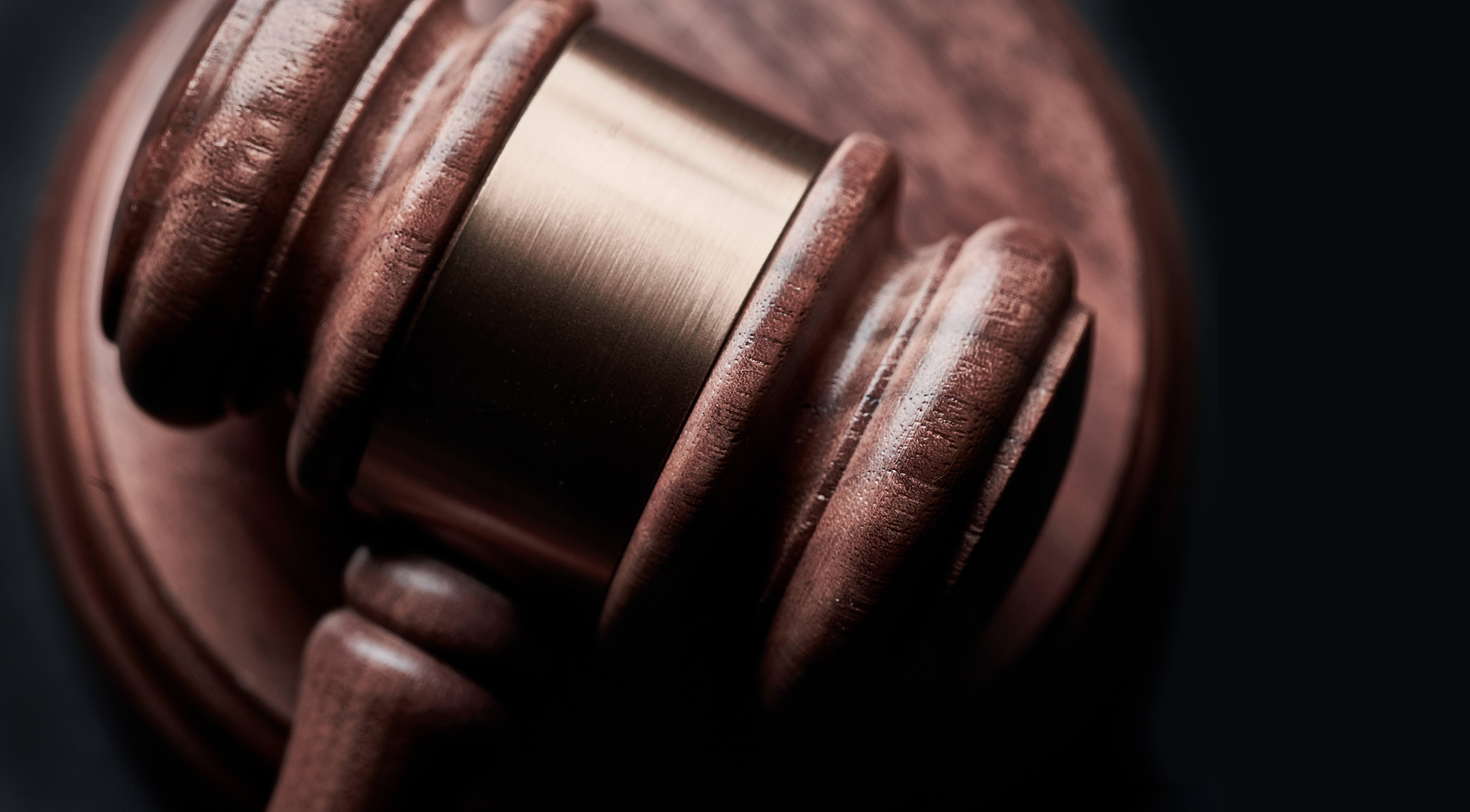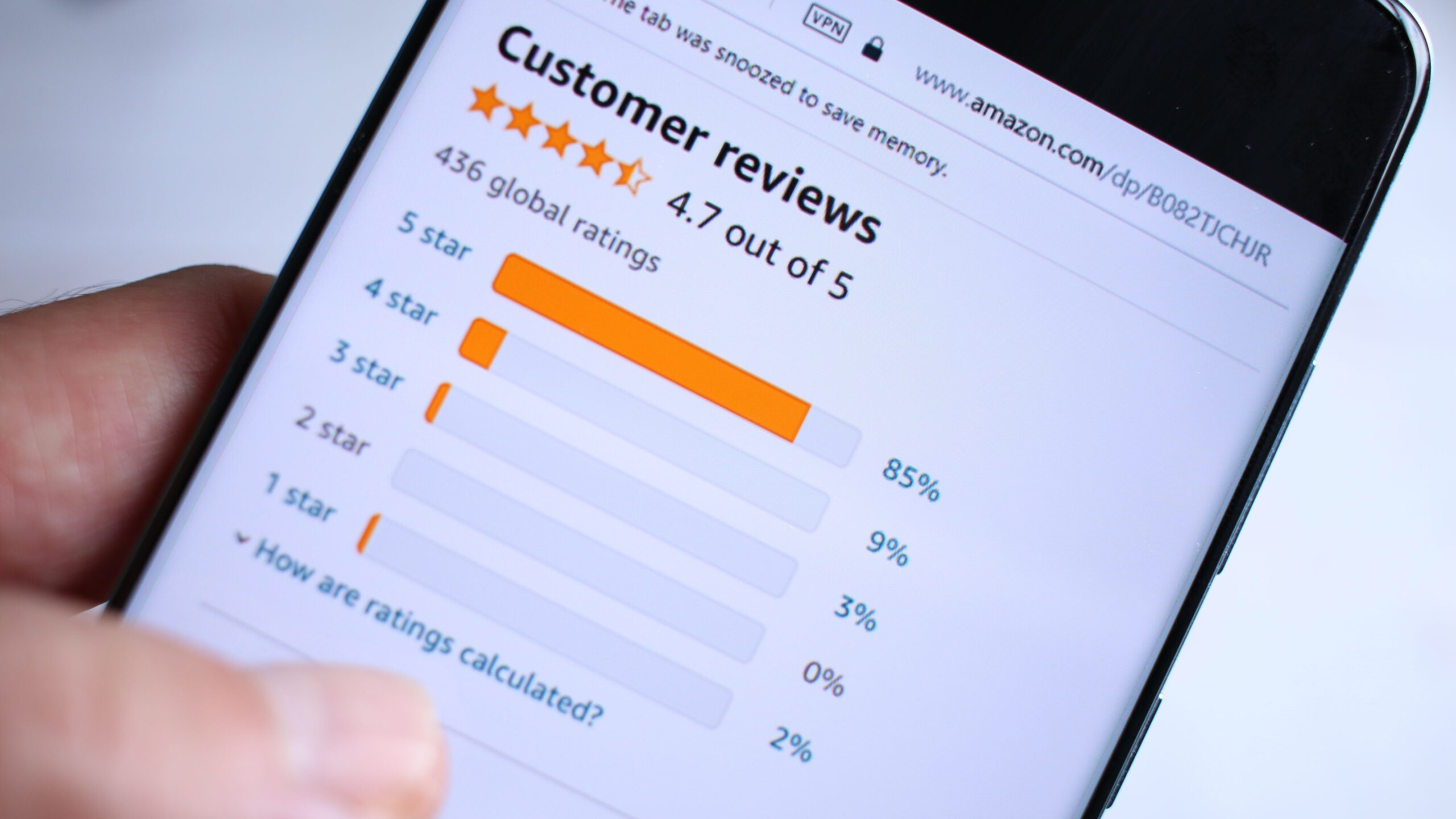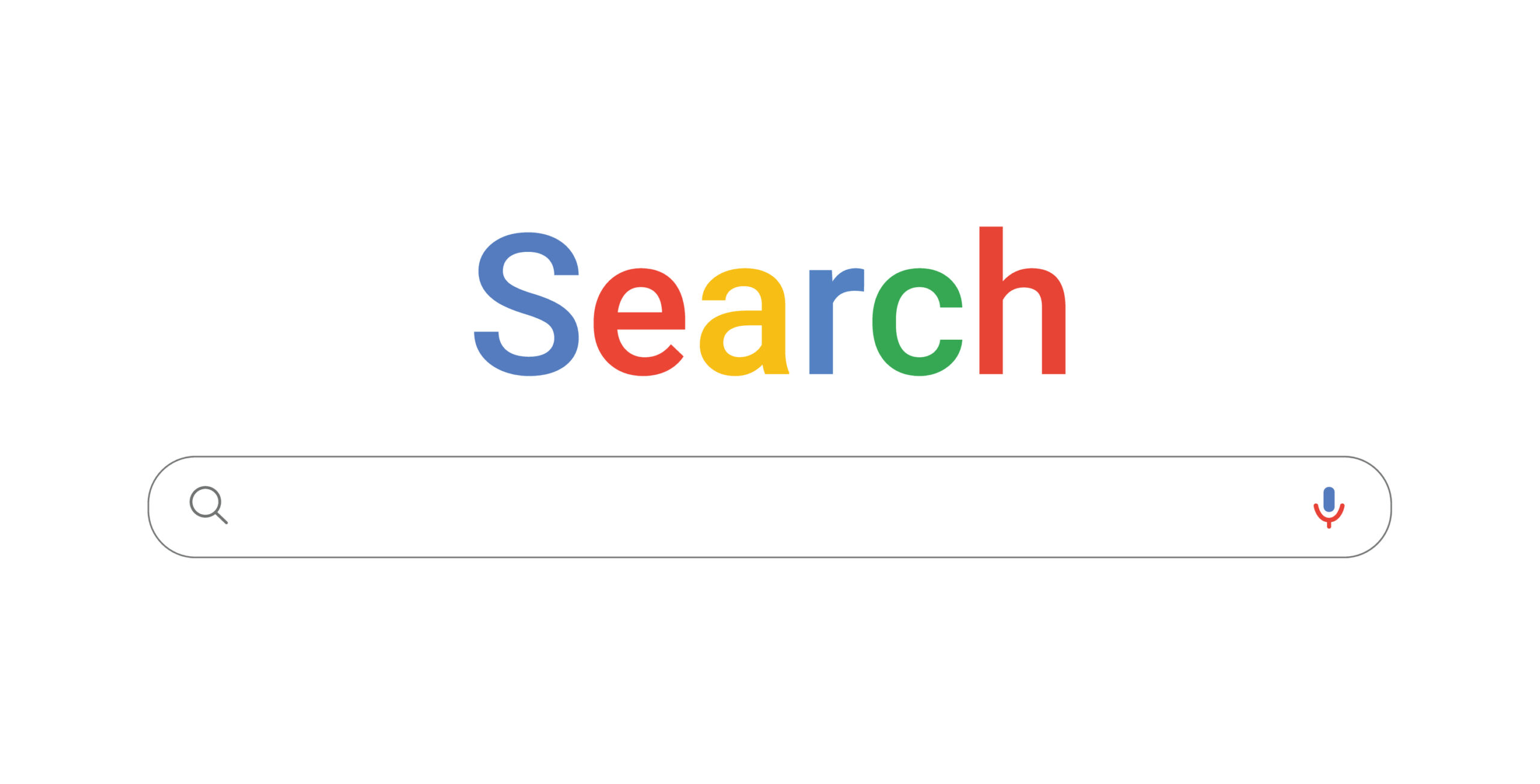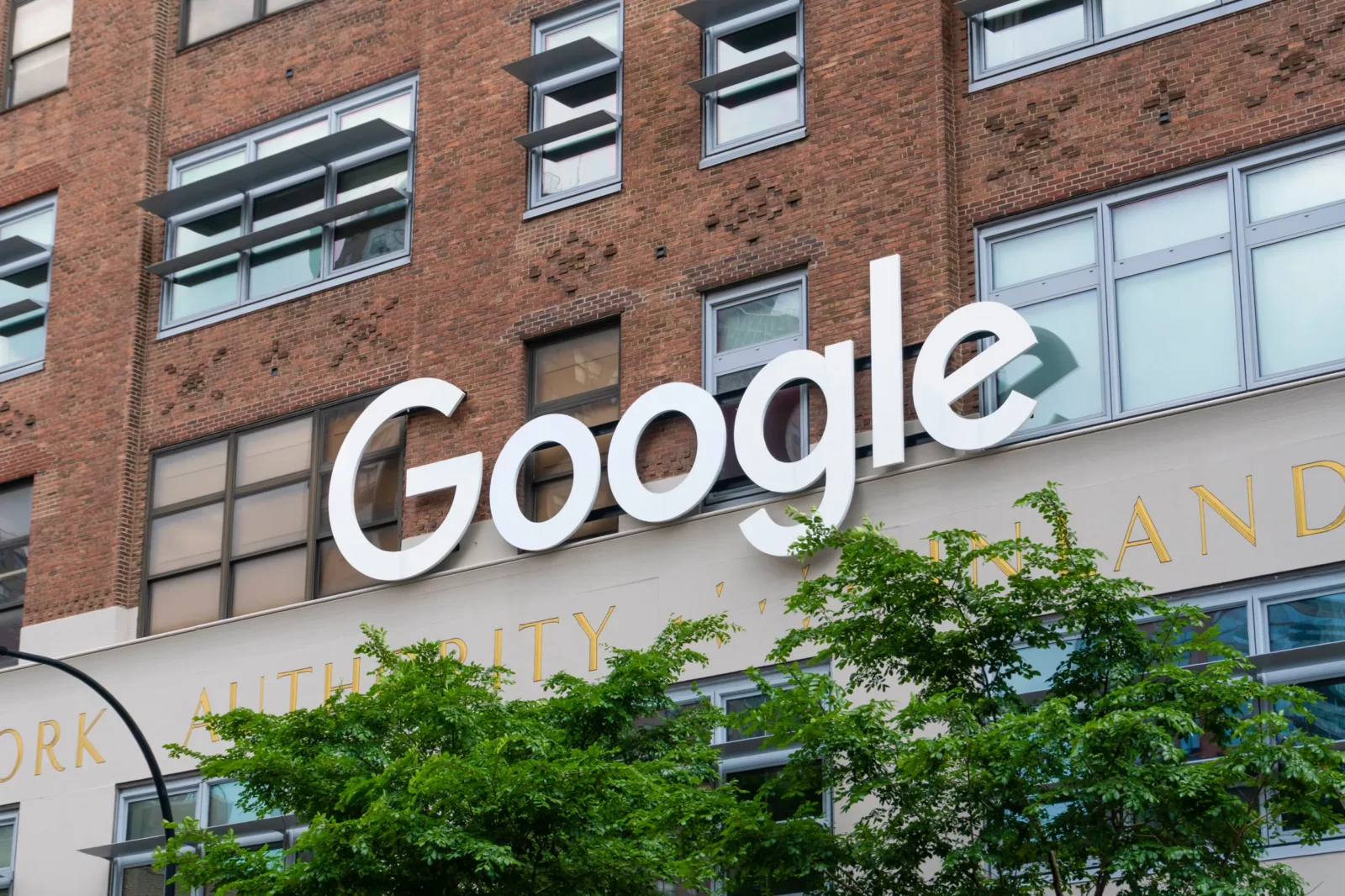Supplemental Briefing in Google v. Oracle on Standard of Review

On August 7, 2020, Oracle and Google each submitted “letter briefs” to the Supreme Court on the appropriate standard of review of the jury’s fair use verdict in favor of Google. The Court directed this supplemental briefing in May, in the latest twist in the long-running litigation between Oracle and Google concerning Google’s use of declarations from the Java application programming interface (“API”) in Android smartphones. (See here for a discussion of the Court’s order for supplemental briefing.) Although the parties’ previous briefing in the Supreme Court had devoted only limited attention to this issue, each party’s submission of a 10-page, single-spaced brief means that the standard of review has now been explored in greater detail than any other issue before the Supreme Court.
Oracle’s Brief
Oracle argued that the Court of Appeals for the Federal Circuit (“CAFC”) had correctly reviewed the jury’s fair use verdict under a de novo standard. Although a reviewing court should defer to a jury’s determination of the historical facts relating to fair use, the ultimate fair use determination “entails primarily legal work because that analysis involves legal judgments balancing the competing policies embodied in the Copyright Act of rewarding innovation, protecting author’s property rights, encouraging the progress of science and arts, and safeguarding free expression.” According to Oracle, “it is the job of a judge, not a jury, to calibrate these interests.” Accordingly, a jury’s fair use determination receives de novo review. Oracle also argued that “fair use’s constitutional implications further justify de novo review.”
Next, Oracle asserted that even if fair use were not reviewed de novo, the CAFC correctly held that Oracle was entitled to judgment as a matter of law because “no reasonable jury could have fair use on these facts under controlling law.” Oracle devoted three pages to repeating the argument it made in its brief on the merits, as well as responding to Google’s reply brief. (See here for a critique of Oracle’s merits brief.) The central flaw with Oracle’s argument is that, under the standard it advocated, virtually no use of a computer program, or any other functional work, could be a fair use outside of an academic setting.
Finally, Oracle asserted that the Seventh Amendment right to a jury trial did not alter the standard of review. It argued that there is no Seventh Amendment right to a jury trial on fair use. It based this position on the claimed absence of “established historical practice of juries deciding fair use“ prior to the ratification of the Seventh Amendment in 1791.
Google’s Brief
Google stressed that Oracle was bound by its own choice to put the question of fair use to the jury. When the CAFC remanded the case after the first appeal, Oracle agreed that fair use was an issue to be tried by a jury. It did not object to jury instructions indicating that the jury was responsible for determining the ultimate question of fair use. Nor did Oracle challenge the jury’s power to make the fair use determination when it moved for a judgment as a matter of law (“JMOL”).
Google then argued that fair use was a fact-intensive inquiry appropriate for juries. In support, it cited the Supreme Court’s recent decision in Georgia v. Public Resources.org, where Chief Justice Roberts wrote that fair use was a “notoriously fact sensitive” issue. Google observed that “the lower courts have regularly put the ultimate question of fair use to juries, without the slightest suggestions that only judges have the power to make such a determination.” Google noted that the parties presented to the jury “conflicting evidence on innumerable factual questions relevant to the mix of statutory and non-statutory factors that lead to the fair use determination.” Google added that a jury “is well suited, from both a practical and a policy perspective, to determine how a ‘reasonable’ party would assess the defendant’s conduct.” This is because “a jury brings a diverse range of experience, offering a holistic perspective on how a community views the reasonableness of conduct.”
Google asserted that it had a Seventh Amendment right to a trial by jury on fair use: “the constitutional guarantee of the right to a jury trial is at its most expansive, and most important, when a jury is asked to review factually intensive questions, weigh the credibility of live witnesses, and apply a legal standard to a complex web of facts.”
Finally, Google argued that the jury determination here was entitled to additional deference because the trial judge who heard the evidence denied a JMOL. The trial lasted two-and-a-half weeks, with seventeen live witnesses, 200 trial exhibits, and the deposition testimony of another dozen witnesses. In an extensive opinion dismissing Oracle’s JMOL, the trial judge explained “in detail how there was sufficient evidence for the jury to have favored Google with respect to each fair use factor, and for the jury to have found that the weight of the factors favored Google.” The trial judge further stated that his order “cannot cover all the myriad ways that the jury could reasonably have balanced the statutory factors in favor of fair use.”
The oral argument will occur on October 7. That should provide more clues on the Justices’ views concerning this case.








